Exploring the world of carbs is like stepping into an all-you-can-eat buffet—exciting at first, but sometimes, your body throws up the “closed for maintenance” sign.
As a nutritionist, I love serving up knowledge with a side of humor, so let’s dig into the signals that scream, “Whoa, too many carbs on my plate!”
Whether these hints are as subtle as a whisper of cinnamon or as bold as a jalapeño kick, your body has a way of letting you know when it’s had its fill.
1. Sudden Energy Drops

Imagine your energy as a roller coaster, soaring one moment, then plummeting the next. Sudden energy drops often follow a carb-heavy meal, leaving you drowsy and lethargic. Your body quickly metabolizes simple carbs, causing spikes and falls in blood sugar.
To stabilize this ride, incorporate whole grains, proteins, and healthy fats for sustained energy. Breaking this cycle requires mindful eating habits and a balanced approach to meal composition.
2. Constant Hunger

If you find yourself perpetually hungry despite eating, carbs might be the culprit. Simple carbohydrates, especially those lacking fiber, are digested quickly, leaving you craving more. These foods might momentarily satiate your hunger, but the satisfaction is fleeting.
To feel fuller, incorporate more fiber-rich foods like vegetables, legumes, and whole grains. A conscious shift in diet can tame this insatiable hunger, leading to more stability in your eating patterns.
3. Weight Gain
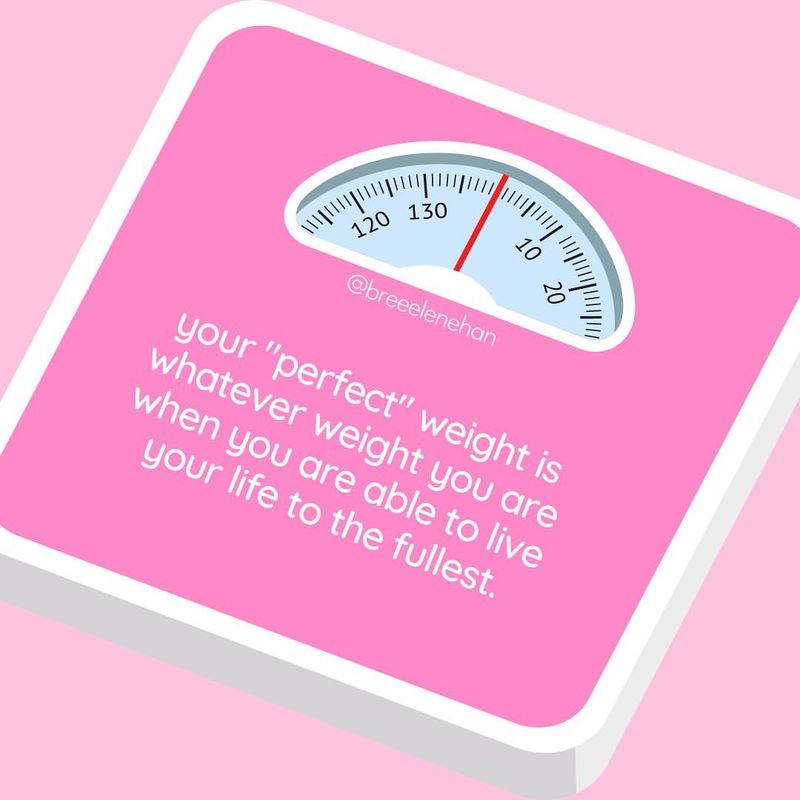
Where weight is concerned, carbs often tip the scale. Overindulging in carbs, particularly refined ones, can lead to weight gain. These carbs convert to sugar, which, if unused, stores as fat in the body. Managing weight involves a careful balance of macronutrients, emphasizing whole foods.
By moderating carbohydrate intake and increasing activity, one can maintain or achieve a healthier weight.
4. Bloating
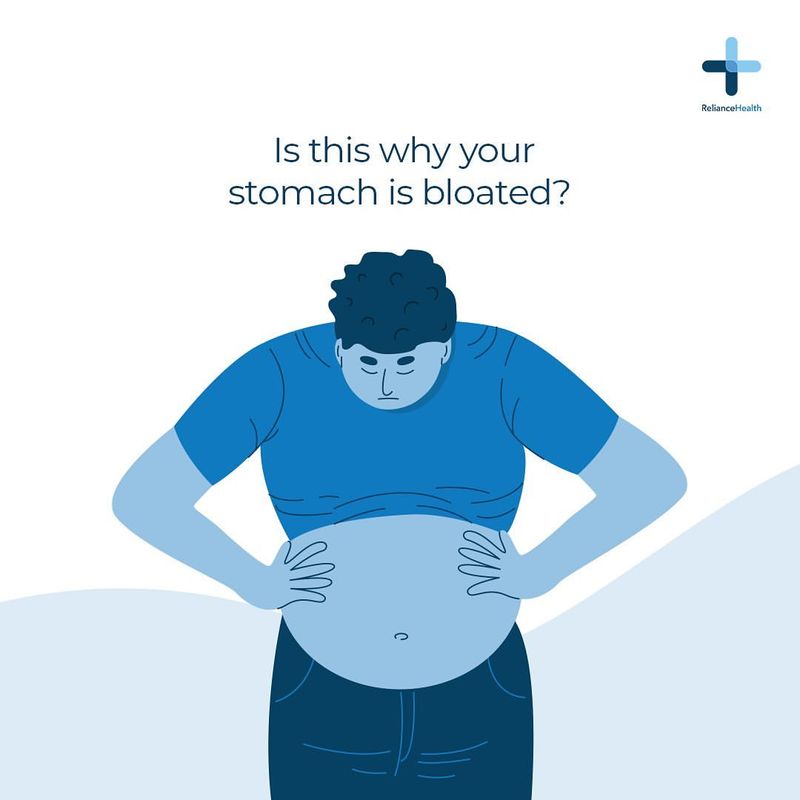
Bloating can be like an uninvited plus-one at your meal, often showing up when carbs take center stage. Some carbohydrates ferment in the digestive tract, leading to gas and discomfort.
Scaling back on refined carbs and incorporating more low-FODMAP choices can help keep things balanced, making your meals feel lighter and more enjoyable.
5. Mood Swings
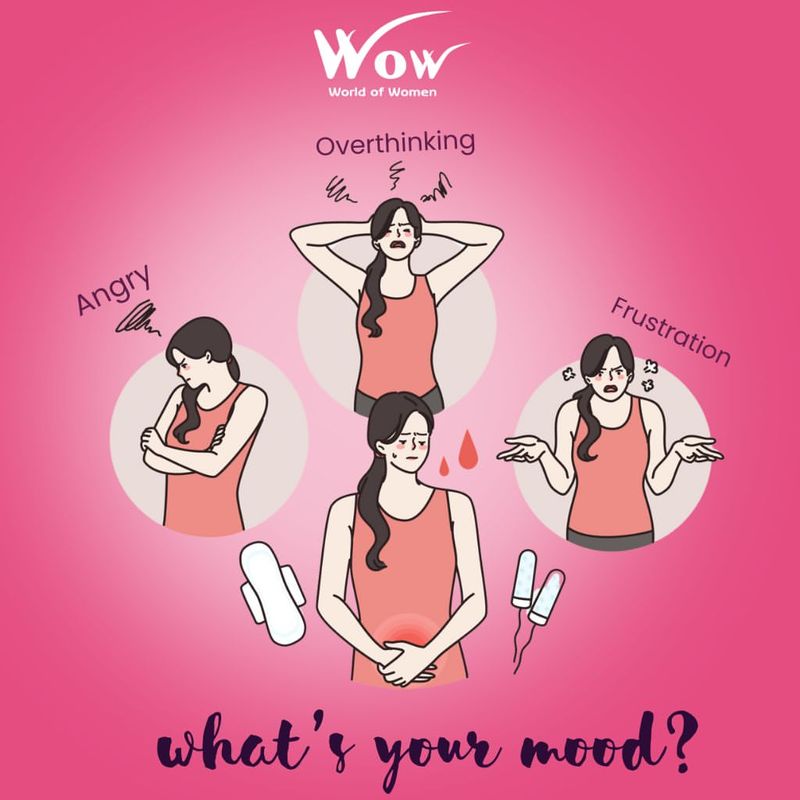
Mood swings might not just be emotional; they could stem from your carb intake. Consuming large amounts of sugar and simple carbs can cause swift changes in blood sugar levels, affecting mood stability.
By opting for complex carbohydrates, you can nourish your brain more evenly, helping to maintain a balanced mood throughout the day. This mindful choice supports emotional well-being alongside physical health.
6. Acne Breakouts

Carb-heavy meals can sometimes lead to unexpected breakouts, as high-glycemic foods cause blood sugar spikes that contribute to skin inflammation.
Swapping refined carbs for whole grains and adding more omega-3-rich foods can help support clearer skin, minimizing breakouts while enhancing your natural glow.
7. Fatigue

Feeling constantly tired may indicate that carbs dominate your diet. While they provide a quick burst of energy, excessive intake can lead to blood sugar fluctuations that leave you feeling drained.
Balancing meals with proteins and healthy fats helps maintain steady energy, turning sluggishness into lasting vitality.
8. Brain Fog

When thoughts feel tangled, and focus fades, brain fog might be to blame, often linked to carb overload. Simple carbohydrates can cause blood sugar spikes, clouding mental clarity. Introducing complex carbs and proteins into meals can enhance cognitive function.
This adjustment helps clear the fog, sharpening your mental acumen and improving concentration. Embrace nourishment that fuels both body and mind.
9. Trouble Sleeping
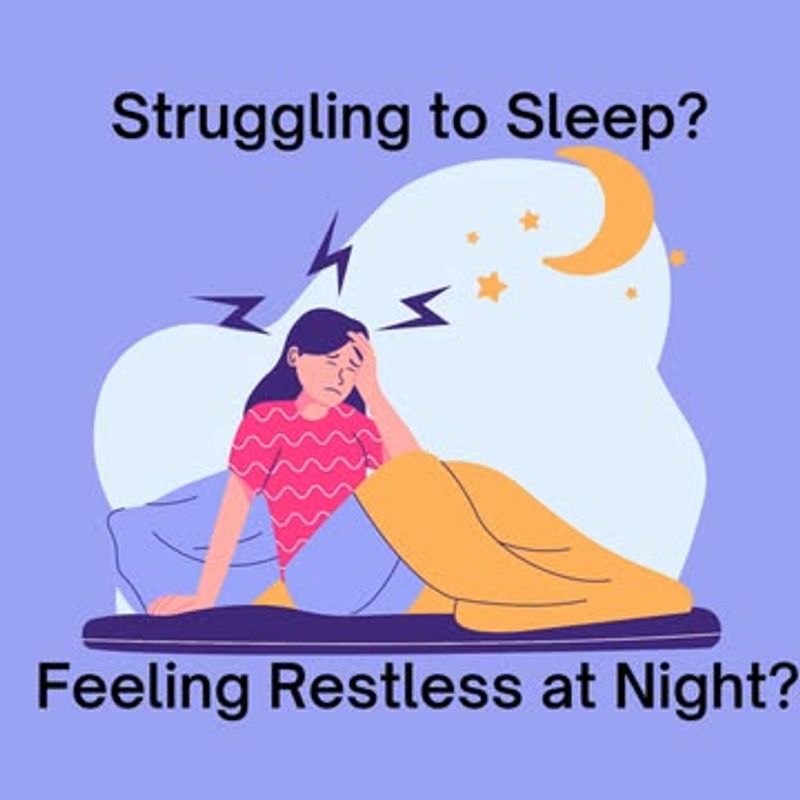
If restful sleep seems elusive, your carb intake might hold the answer. High-carb diets can disrupt sleep patterns, affecting the quality of rest. Carbs increase serotonin, which aids sleep, but imbalance can have the opposite effect.
Pairing carbs with protein helps stabilize serotonin levels, encouraging restful sleep. Choosing balanced evening meals supports deep rest, allowing both body and mind to recharge.
10. Digestive Issues

Digestive discomfort can rise when carbs take over your diet, especially with refined varieties, which can cause issues like gas and diarrhea.
Adding more fiber-rich vegetables and whole grains can support better digestion, creating a smoother relationship between your meals and gut health while reducing discomfort and boosting overall satisfaction.
11. Increased Thirst

Sudden bouts of thirst can indicate a carb-heavy diet demanding extra hydration. High-sugar foods can increase urination, causing dehydration. Drinking more water is essential, but adjusting your diet to include fewer simple sugars can also help.
Opting for complex carbohydrates helps maintain a healthier hydration balance, promoting overall well-being and reducing excessive thirst. This shift ensures your body remains properly refreshed and hydrated.
12. Bad Breath

Bad breath might emerge from an overconsumption of carbs, especially if your diet is high in simple sugars. These sugars can promote bacterial growth in the mouth, resulting in unpleasant breath. Combat this by maintaining good oral hygiene and reducing sugar intake.
Choosing whole foods and complex carbs can help improve your breath naturally, boosting your confidence during social interactions.
13. Increased Sugar Cravings

If sugar cravings seem insatiable, it might be a sign your body is accustomed to a carb-heavy diet. Simple carbs can create a cycle of craving and consumption, making moderation challenging.
To curb these cravings, focus on balanced meals with proteins and healthy fats. This approach can stabilize blood sugar levels, reducing the grip of sugar cravings and fostering healthier eating habits.
14. Joint Pain

Joint pain might not just be age-related; your diet could contribute. Excessive carb intake can lead to inflammation, exacerbating joint discomfort. Reducing refined carbs and incorporating anti-inflammatory foods, like omega-3-rich sources, can alleviate pain.
This dietary change supports joint health, enhancing mobility and comfort. Embrace a diet that soothes rather than irritates, promoting a more active lifestyle.
15. High Blood Pressure

Blood pressure readings creeping upward could signal too many carbs. Diets high in sugar can affect blood vessel elasticity, raising blood pressure.
Adopting a heart-healthy diet with fewer refined sugars and more whole foods can support better blood pressure levels. This conscious dietary adjustment contributes to cardiovascular health, ensuring your heart beats strong and steady.
16. Insulin Resistance
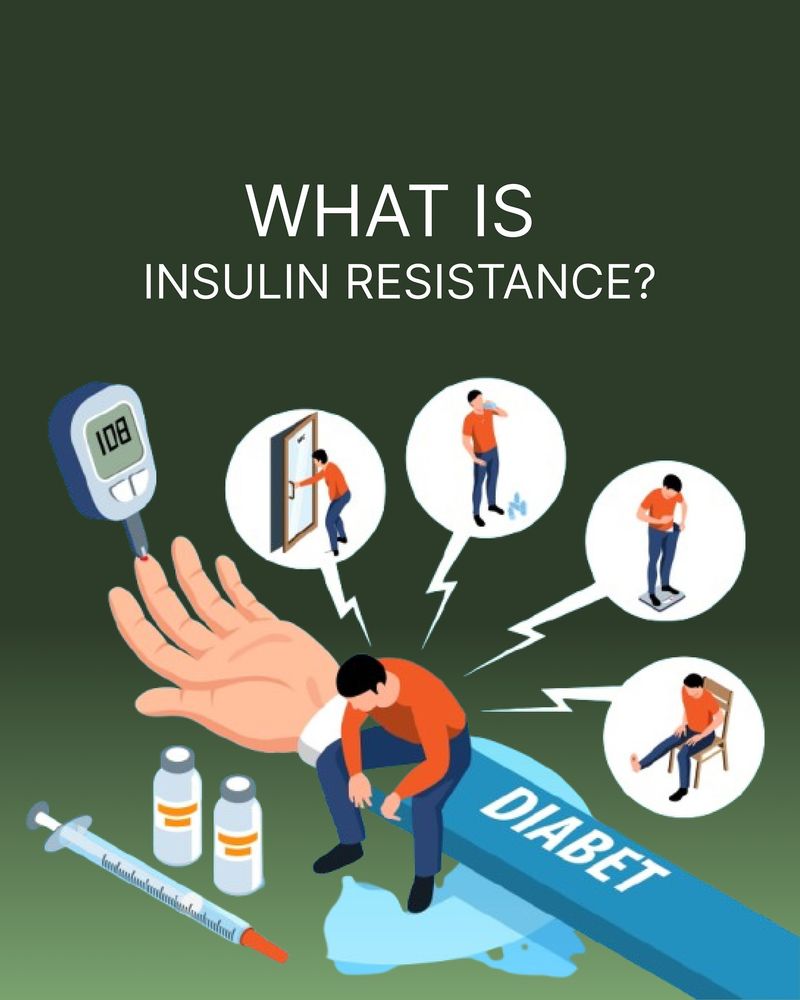
Insulin resistance can sneak up on you, often tied to a diet too rich in carbs. High-carb meals can cause insulin levels to rise, gradually diminishing your body’s sensitivity. To improve your insulin response, cut back on refined carbs and opt for fiber-packed foods.
This approach can boost metabolic health and lower the risk of type 2 diabetes, creating a foundation for better insulin sensitivity and overall well-being.
17. Frequent Headaches

Headaches can strike without warning, and your carb intake might be the hidden culprit. Sugars and other carbohydrates can cause blood sugar swings, leading to headaches.
Consider reducing refined sugars and incorporating more stable energy sources like whole grains and proteins. This mindful dietary adjustment can diminish headache frequency, allowing clearer, pain-free days.
18. Swollen Gums
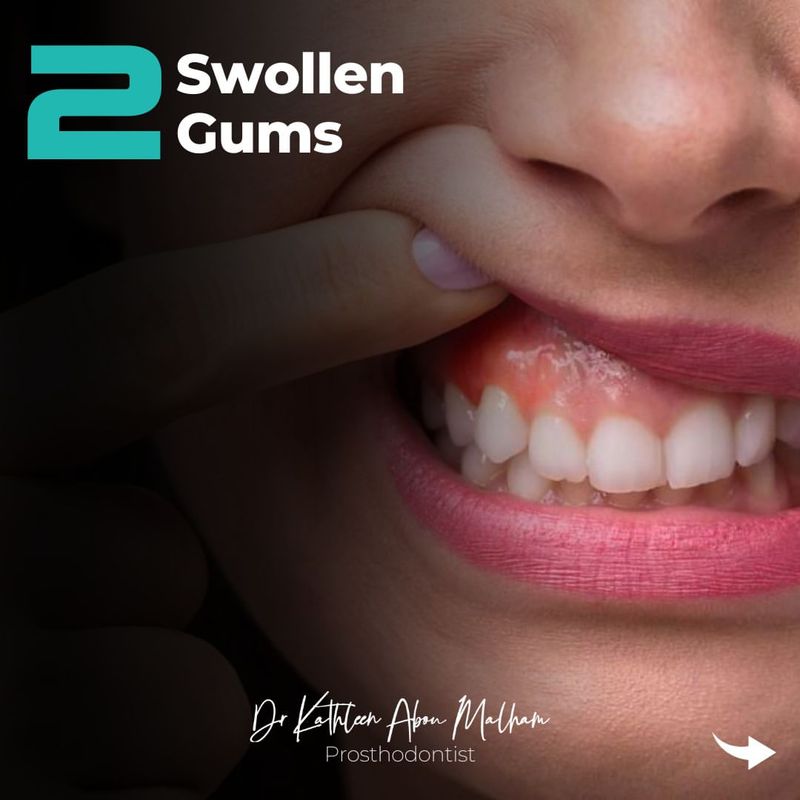
Swollen gums could signal too much sugar in your diet. Sugars nourish harmful bacteria in the mouth, causing gum inflammation.
Cutting back on sugar and focusing on whole foods helps protect oral health, reducing swelling and discomfort while encouraging a brighter, more confident smile.
19. Poor Concentration

Concentration might waver when carbs dominate your meals. Simple carbohydrates can lead to energy spikes and crashes, affecting focus.
Enhancing concentration involves incorporating more complex carbs and proteins, providing sustained energy. This dietary balance nurtures mental clarity, supporting better academic or work performance. Embrace meals that fuel your mind, sharpening focus and productivity.
20. Increased Heart Rate
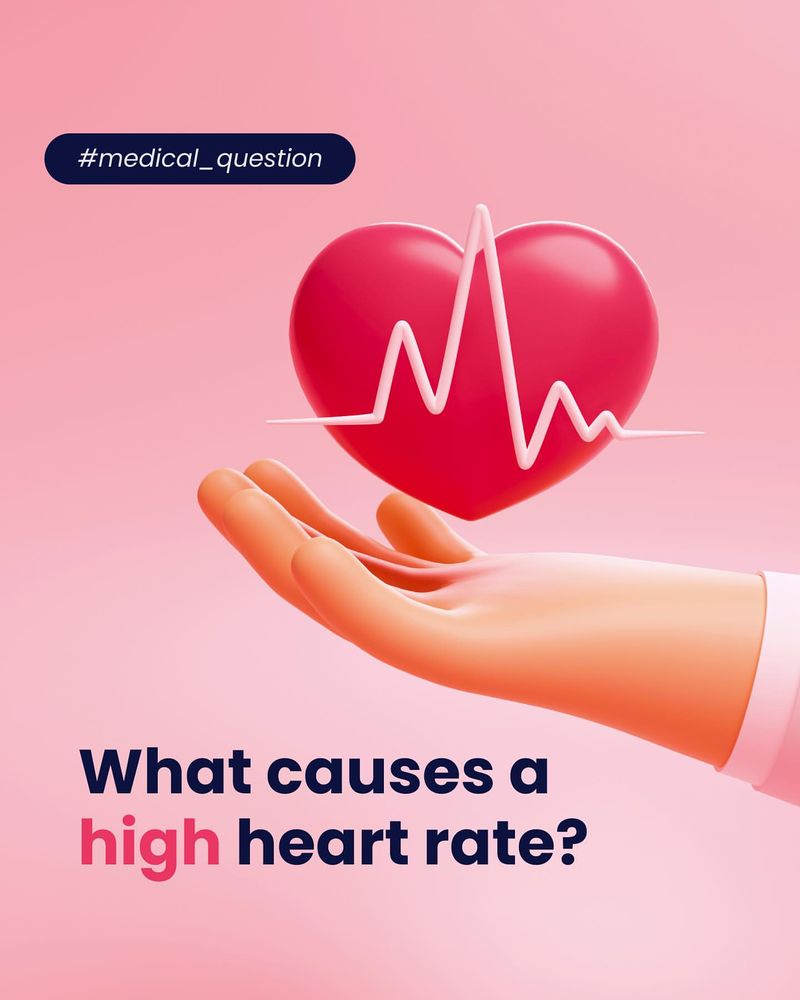
A racing heart might not always signal excitement; it could be a symptom of high carb intake. Diets rich in sugars can elevate heart rate through increased adrenaline release.
Reducing sugar intake and prioritizing whole foods can boost cardiovascular health. This approach helps maintain a steady heart rate, contributing to your overall well-being.
21. Irritability

Irritability can stem from the rollercoaster of blood sugar levels triggered by carb-loaded meals. Simple carbs cause quick spikes and drops in energy, leaving your mood in turmoil.
By focusing on balanced meals with complex carbs and proteins, you can keep your mood steady, leading to better interactions and a greater sense of personal well-being.
22. Skin Rashes

Skin rashes might unexpectedly appear, linked to high sugar consumption. Sugars can trigger inflammatory responses in the body, affecting skin health.
Cutting back on sugar and adding more anti-inflammatory foods, such as fruits and vegetables, can enhance skin health. These dietary changes help reduce rashes and promote a clearer, more radiant complexion.
23. Rapid Weight Fluctuations

Rapid weight fluctuations can signal an imbalance in carb consumption. A diet high in simple carbs can lead to water retention and variable weight.
To maintain a more stable weight, cut back on refined carbs and increase fiber-rich foods. A balanced diet helps keep your weight consistent while promoting a healthier connection with your body’s natural rhythms.
24. Yeast Infections

Frequent yeast infections can be linked to a high-sugar diet, as sugars fuel yeast growth.
Cutting back on refined sugars and focusing on balanced meals helps maintain a healthy microbiome. A shift in diet lowers the risk of infections while supporting overall health and comfort, allowing your body’s natural defenses to thrive.
25. Varicose Veins
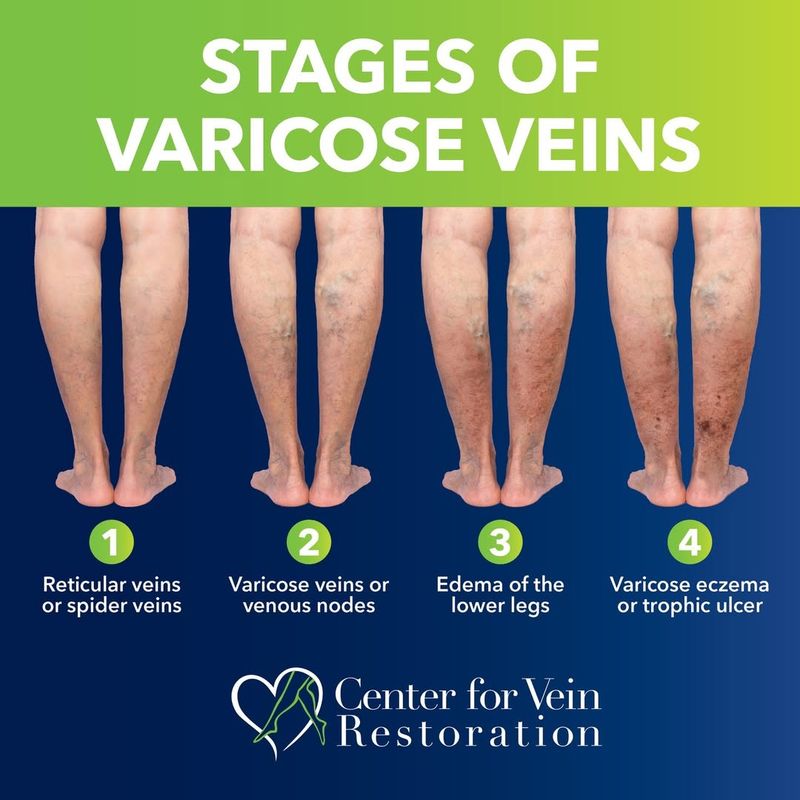
A diet high in refined carbs can affect circulation and contribute to the development of varicose veins. Sugars influence vein health by promoting inflammation. Cut back on sugar and add more nutrient-rich whole foods.
These dietary changes improve circulation and vein appearance, promoting leg health and comfort.
26. Slow Recovery From Exercise

If recovery seems sluggish, carbs might play a role. Excessive carb intake can lead to inflammation, slowing muscle recovery.
Balancing your diet with proteins and anti-inflammatory foods can enhance recovery speed. This dietary adjustment supports your fitness goals, allowing quicker return to physical activities with less discomfort.
27. Dental Cavities
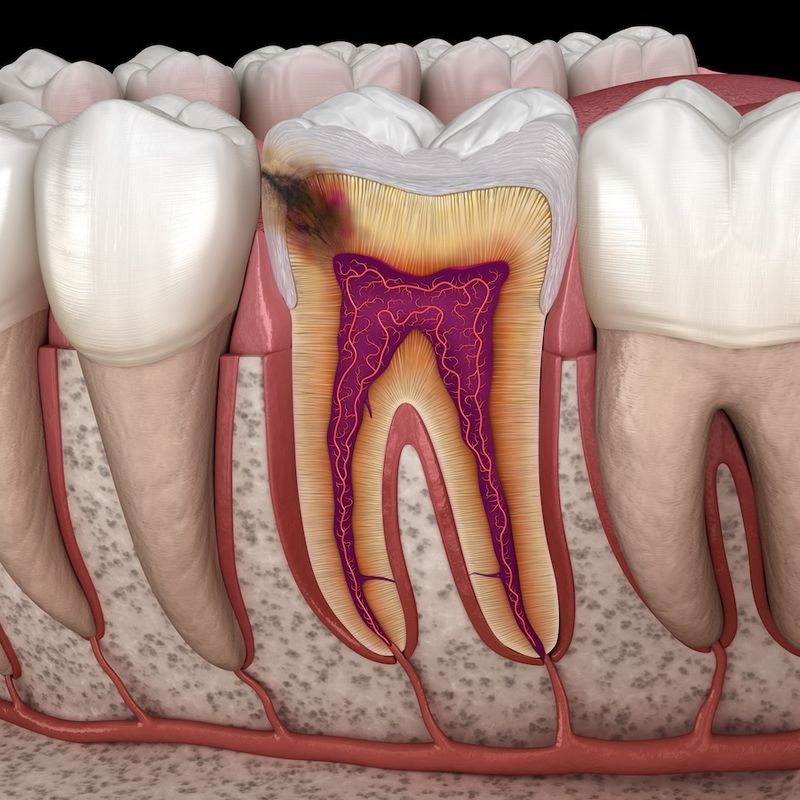
Dental cavities often trace back to high sugar consumption. Sugars feed bacteria that produce acids, damaging teeth.
Cut back on sugar and maintain good oral hygiene. Proactive steps promote stronger teeth, reducing cavities and enhancing your smile.
28. Fluctuating Energy Levels
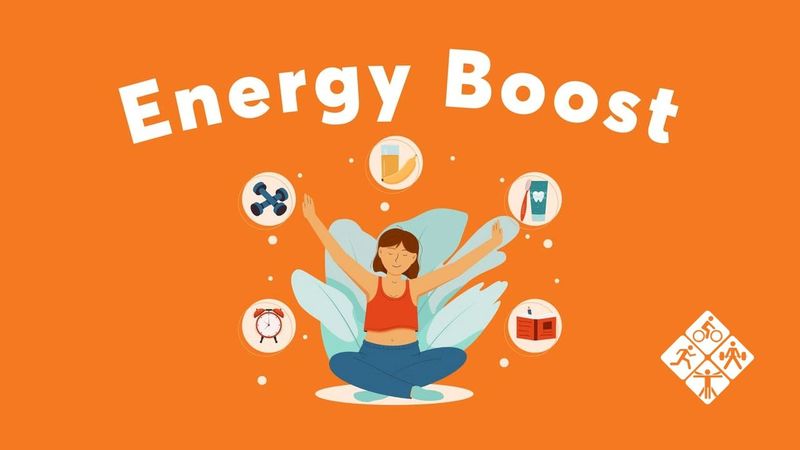
Energy levels might fluctuate wildly with carb-heavy diets. Simple carbs can cause rapid energy shifts, affecting daily productivity. Focus on complex carbs and proteins in meals.
A balanced diet nurtures consistent energy, enhancing overall performance and well-being throughout the day.
29. PMS Symptoms
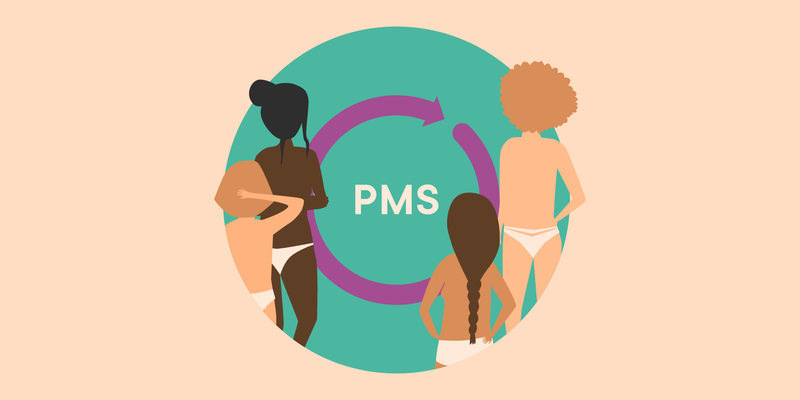
PMS symptoms might intensify with a diet high in simple carbs. Sugars can worsen hormonal fluctuations, aggravating symptoms. Cut back on sugar and focus on whole foods. A dietary change promotes hormonal balance, reducing PMS severity and enhancing comfort.
Consuming nutrient-dense meals can also help regulate mood and energy levels during this time.
30. Sudden Artistic Urges

Have you ever found yourself suddenly inspired to pick up a paintbrush or start writing poetry out of nowhere? While creativity is always a joy, an overload of carbs may trigger unexpected artistic urges. This peculiar sign arises as your brain reacts to the sugar rush, sparking bursts of creative energy.
Consider balancing your carb intake to maintain your newfound artistic flair without relying on sugar spikes.

